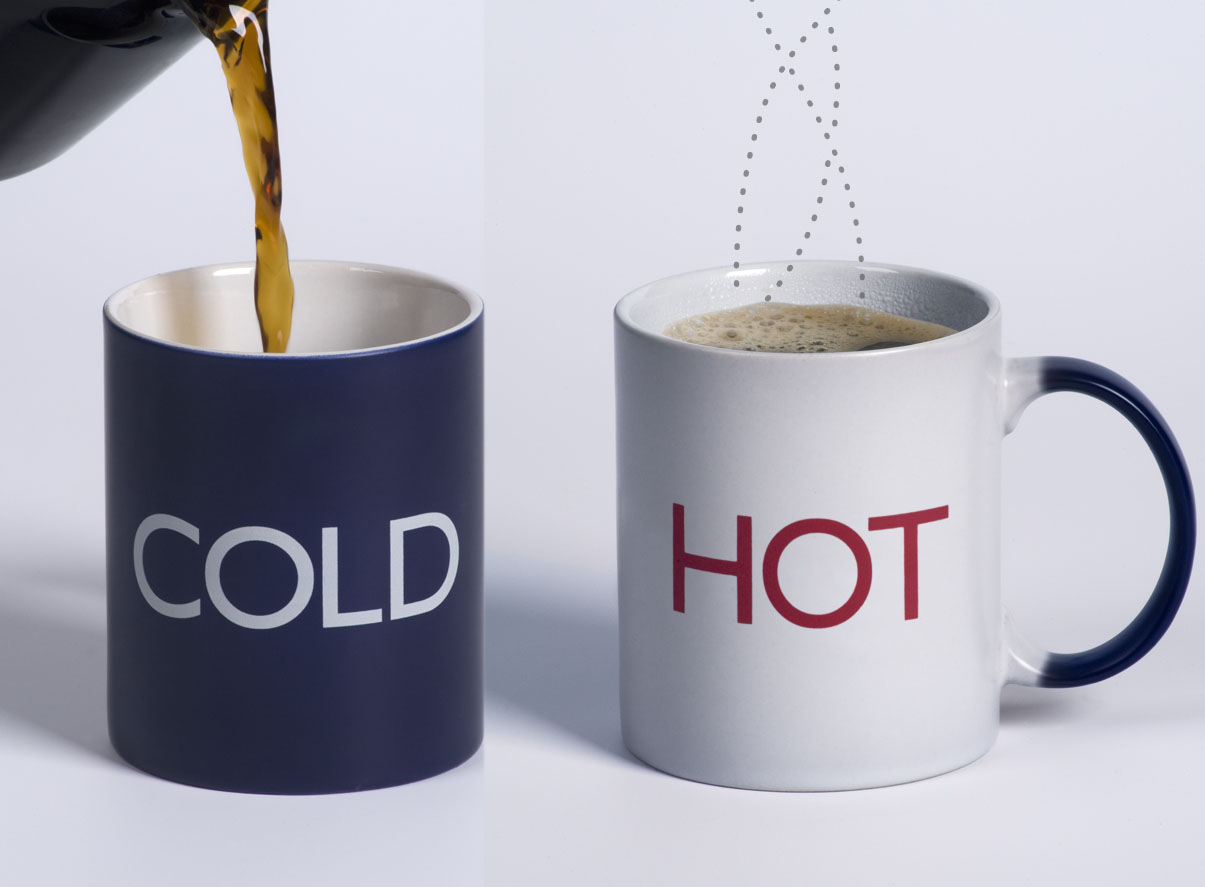Most people don’t realize the effect of water temperature on the outcome of clothes they clean in the washer. The effectiveness of your washer depends on three important factors – detergent used, wash cycle select, and the temperature of water. So, make sure you consider these factors when using the washer.
Best Water Temperature of Clothes
It is a known fact that the hotter the water, the higher will the cleaning potential of the household appliance. However, it may not be the most energy efficient way of cleaning your clothes. When using the washer, your goal should be select a temperature that your clothes can withstand without shirking, fading, or getting damaged.
Most people prefer using hot water because it sanitizes the clothes by killing germs better, removes the built-up of grime, kills dust mites, and dissolves the detergent more efficiently so your clothes look clean and bright. However, using hot water has its share of disadvantages. Some fabrics may shrink when exposed to hot water. Furthermore, it can stain the clothes, which cannot be removed easily.
So, what is the ideal water temperature for cleaning your clothes? Here is a quick guide to help you:
When you should use Cool Water
- Clothes washed in delicate cycle such as woolen, loose woven clothes, lingerie, and washable silk.
- When you wash delicate fabrics such as laces and antique fabric
- Any fabric that you think will bleed when washed in the house appliance
- Clothes that have protein strains such as dairy-based or blood stains
- Clothes that are exceptionally stained or dirty
When you should use Warm Water
- Cleaning dark colors
- Items that are moderately dirty or soiled
- When you select permanent-press cycle to clean your clothes
When you should use Hot Water
- When you clean bed sheets, bath towels, pillow covers, or any other bedding
- When you clean heavily soiled clothes
- Cloth diapers, dish rags, and kitchen towels must also be cleaned in hot water
- Clothes stained with oils or grease
- Sturdy fabrics such as white underwear and cotton t-shirts
So what should you do if you have only cold water?
You can use cold water for the rinse cycle. The temperature of cold water is usually below 75 degrees. Since the water is pretty chilly, it is not effective in dissolving laundry boosters and detergents. If you still want to use cold water during wash cycle, make sure you use ample amounts of detergents to clean the clothes. Also, you may have to prolong the duration of the wash cycle.
Not all water temperatures are equal
The effect of “warm” water setting is not going to be equal in front-loader and top-loader. Most top loaders don’t come with heaters and they use the home’s hot water heating system for hot water. So, if you have a heater that maxes out at 100 degrees, then that is the hottest water you can expect your residential appliance to use. On the other hand, if you have a front loader, it may have its own in-built heater that will ensure the maximum temperature is reached.
A Word of Caution
Avoid using water of extreme temperatures, as it can damage the home appliance. If the machine is damaged because you have used extremely hot or cold water, it is best to get help from an experienced company that offers Washing Machine Repair In Miami FL. Today, there are several reputed companies that specialize in dryer repair, oven repair, refrigerator repair, and washing machine repair. When there is a problem with the washer, the washer and dryer repair technician will visit your place to troubleshoot the problem. Likewise, the refrigerator repair services company will send a fridge repairman to your place if there is problem with machine. These technicians usually have years of experience in the field and can solve your problem in the shortest possible time.
